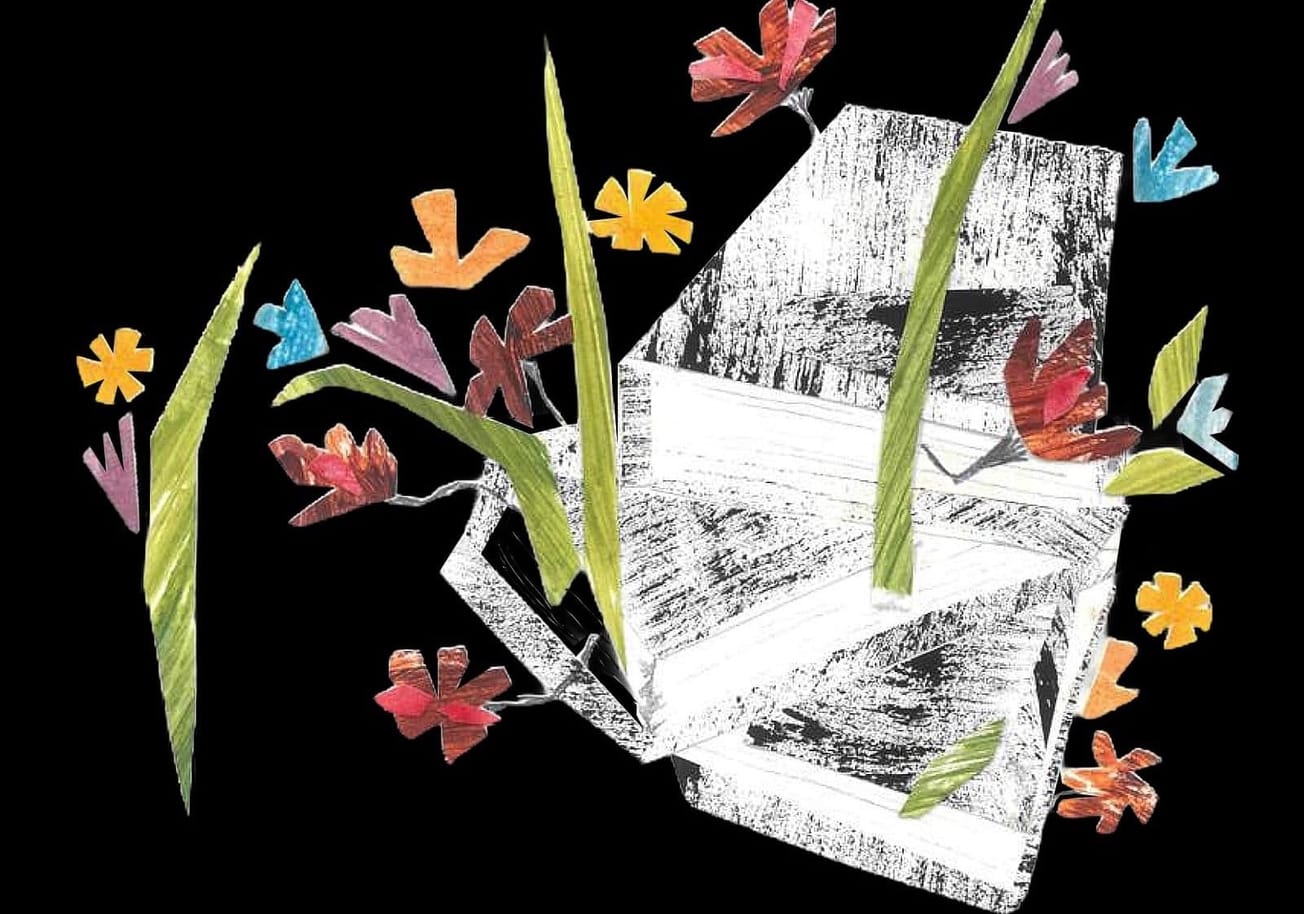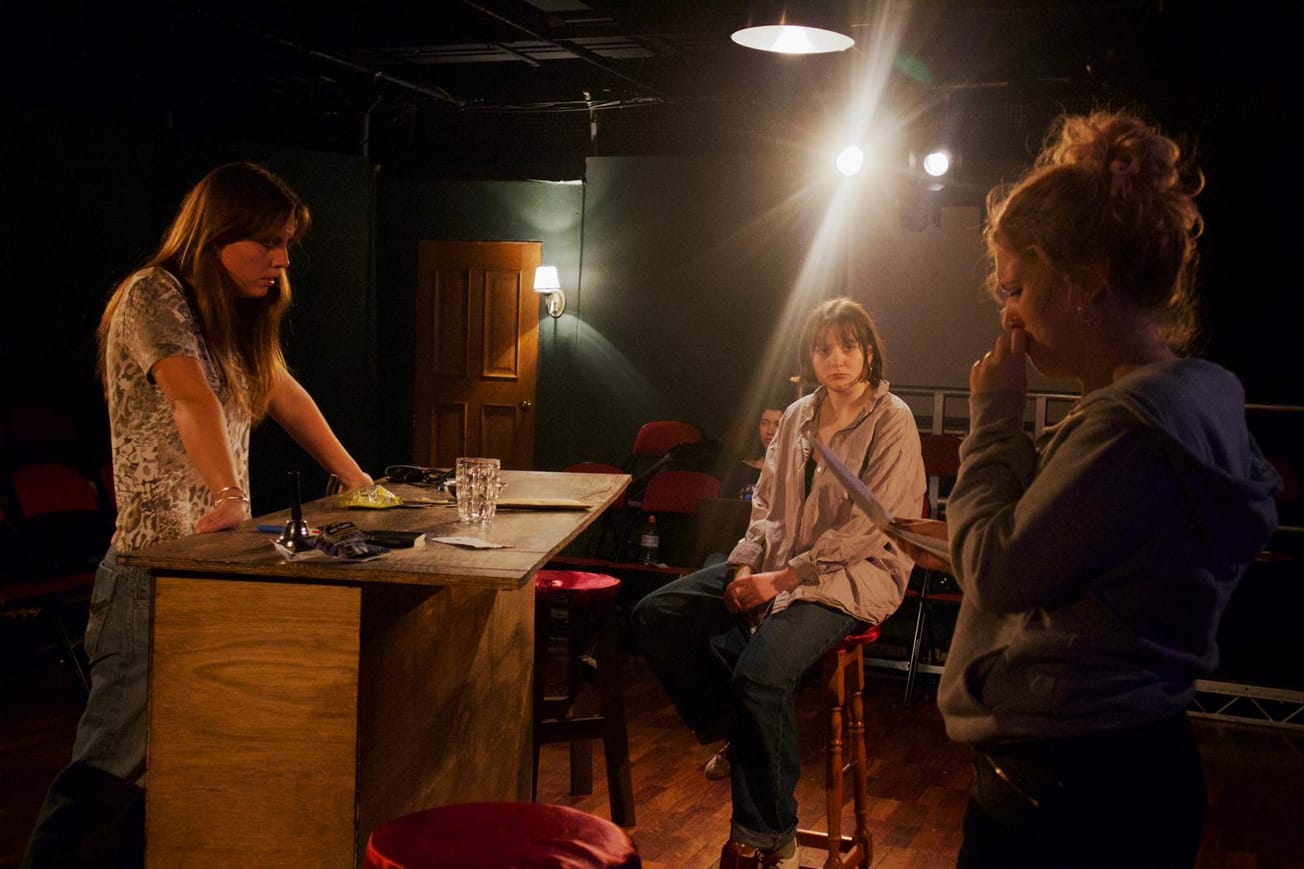By Piers Hamilton, Fourth Year, French and German
In an age where world events dominate our headlines, the internet is never far behind, ready to amplify, taunt and satirise. From the shameless corners of X (formerly Twitter) to reaction videos on YouTube, the essence of the modern internet is defined: a global Hunger Games built on the principle of free speech.
But with such liberties comes retrospection — where do we draw the line and who gets to draw it? In a space where almost anyone and anything can become a target in a matter of seconds, who remains fair game for mockery, and who is off-limits?
These questions have gained a global spotlight following the death of Liam Payne, who was subject to online ridicule both before and after his passing. More recently, a video of New Zealand MP Hana-Rāwhiti Maipi-Clarke tearing apart a proposed bill perceived as undermining the Treaty of Waitangi has become viral, amassing more than 700 million views.
The Treaty of Waitangi, signed in 1840 between the British Crown and over 500 Māori chiefs in 1840, is a founding document comparable to that of the American constitution. It remains central to the nation’s identity and serves as a foundation to much of its legal and cultural framework. The purpose of the treaty is to establish government, uphold peace and to protect Māori rights to the land. With significant differences in wording and interpretation between the English and translated Te Reo Māori versions, the Treaty serves as both a controversial and powerful reference for Māori to defend their fundamental rights and assert tino rangatiratanga (the autonomy and full self-determination over Māori affairs).
David Seymour, leader of the centre-right Act Party recently proposed a bill to reevaluate the Treaty. The bill seeks to finally 'define' its principles amid its varying interpretations, with a key focus on ensuring that all powers in New Zealand apply equally to all citizens, irrespective of ethnic affiliation.
The Te Pāti Māori Party has condemned the bill as threatening tino rangatiratanga, arguing that if the current coalition proceeds with the bill, it will threaten Māori sovereignty. For many Kiwis, Seymour’s proposal will limit the capacity Māori have to interpret the Treaty as they have done since its inception, undermining its initial purpose and undoing hard-fought indigenous self-autonomy.
This is where, in a powerful act of defiance, Maipi-Clarke tore up the copy of the proposed bill and performed a haka during the vote in Parliament on November 14th.
The moment immediately captured the media’s attention, with Maipi-Clarke’s moving moment both resonating with a global audience whilst simultaneously sparking intense scrutiny and rapid commentary from the internet.
Memezar, an Instagram account with over 20 million followers, quickly capitalised on the moment, turning Maipi-Clarke’s protest into a viral meme paired with the line, "When someone gives me work on Friday". Meanwhile, the original video also garnered millions of views on TikTok, where it was captioned, "When my birthday card doesn’t have any money in it".
On X, trolls have ignited hysteria, calling the haka ‘cringe’ and a viewer having had ‘horrendous second hand embarrassment’ after watching it.
Both Māori and non-Māori have strongly retaliated in response to the mockery. Reducing a female Māori politician performing a haka in Parliament to a meme not only undermines an indigenous protest, but also boils down to cultural appropriation with misogynistic undertones, all for the sake of internet virality. By engaging with this type of content, are we inadvertently reinforcing the very structures that figures like Maipi-Clarke are trying to dismantle?
On the other hand, some maintain that as long as these memes avoid overt hate, they can be considered harmless and so should be taken in good jest. Others have added that the wave of memes can even serve as a mechanism to amplify the visibility and recognition of Maipi-Clarke’s message.
Because of the international demographic of the online commentary surrounding the Haka, one can infer that that much of it originates outside of Māori community, raising questions about the positionality and understanding of those weighing in. How well do these individuals, both supporters and trolls alike, understand the context and the historical timeline of the issue? Are some of those calling for the removal of these memes inadvertently exhibiting a sense of white saviour complex?
As the internet churns out endless content, and doomscrolling meme culture increasingly shapes the internet, it begs the question: where does the line fall between censorship and free speech, and whose values and interests are creators upholding when they post?
Ultimately, indigenous expression and activism are not only fundamental human rights, but are rights that are enshrined in the Treaty of Waitangi. Maipi-Clarke’s protest, stripped of the triviality of meme culture, stands as a profoundly significant moment in both New Zealand’s and the broader indigenous narrative. Her action merits unwavering respect and support, and in any case should prompt us to question the ways in which we engage with content online.
Featured Image: Barry (Haoyun) Li / Unsplash
Have you noticed any effects of the meme-ification of current affairs?






